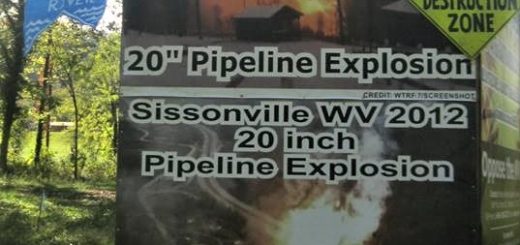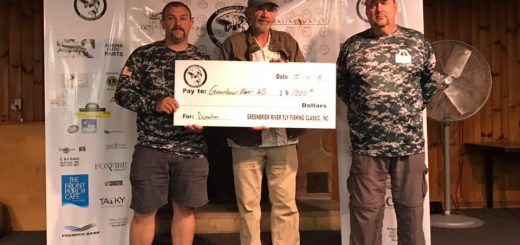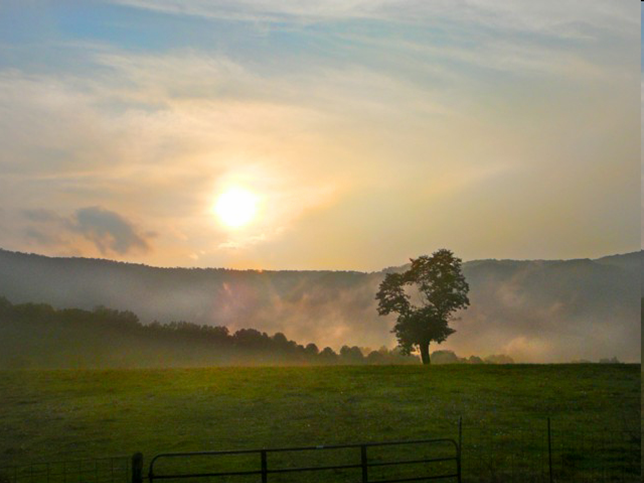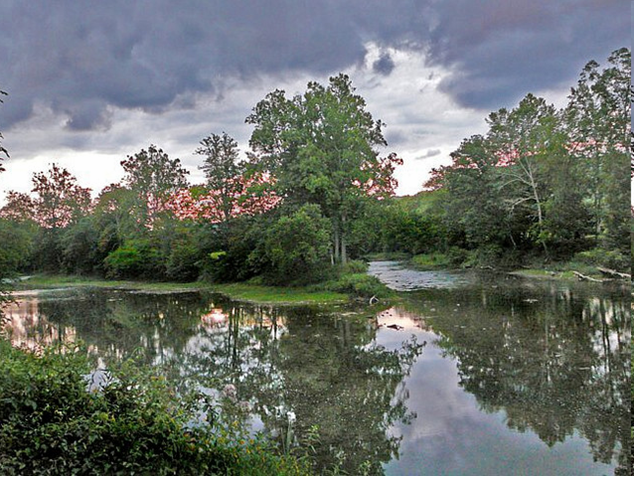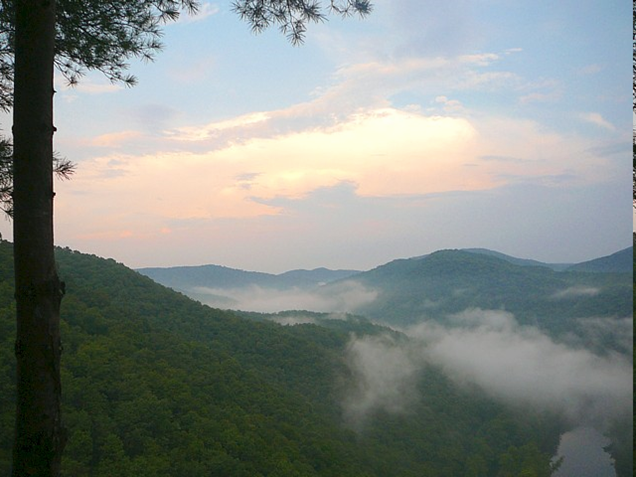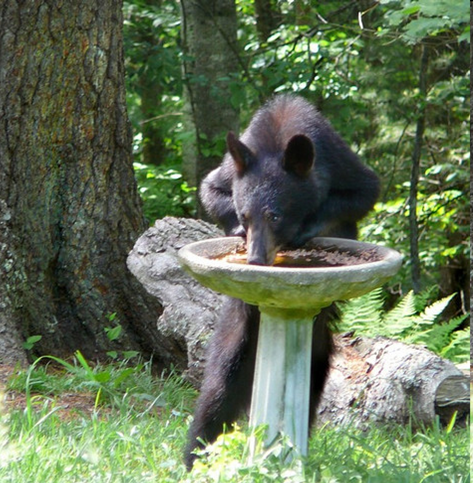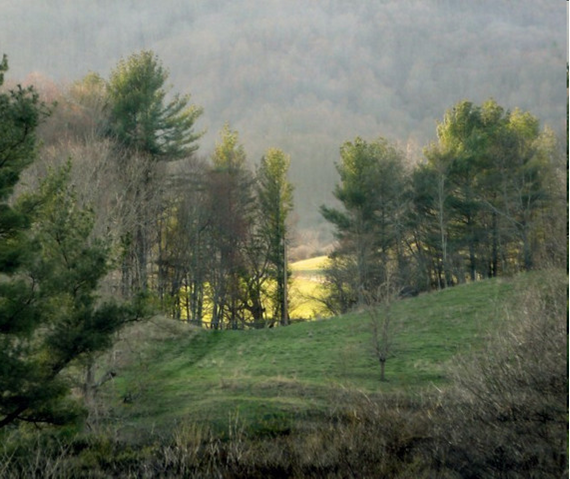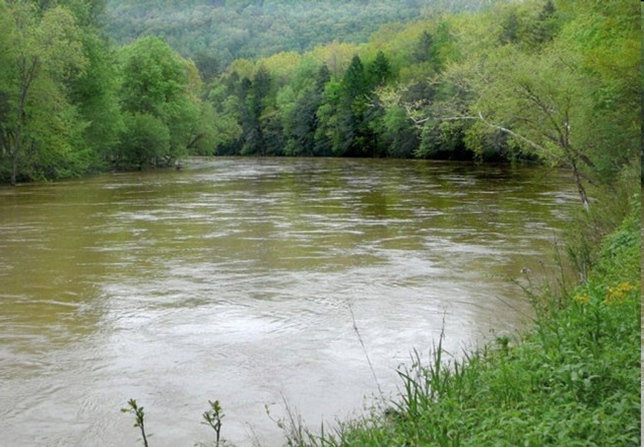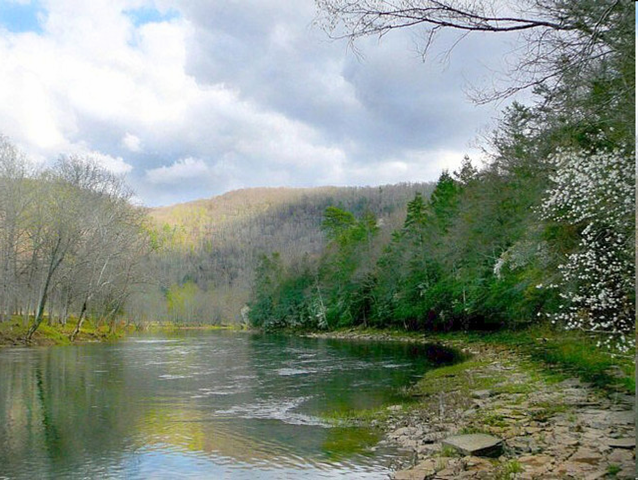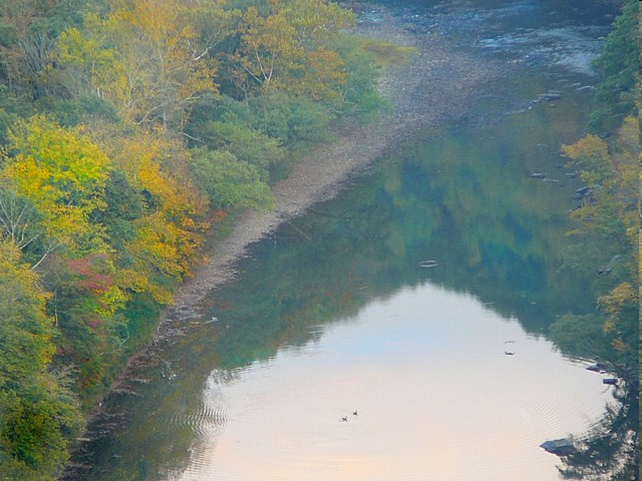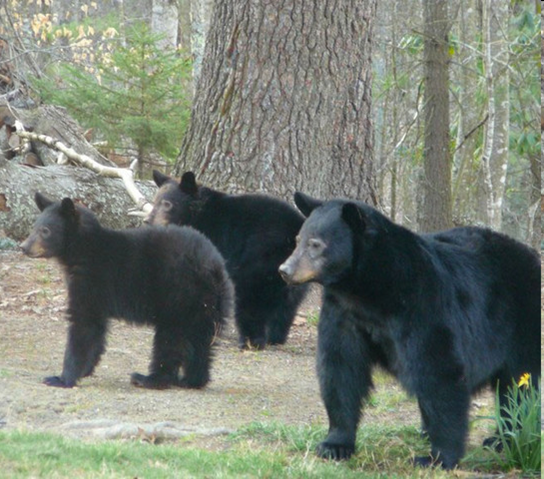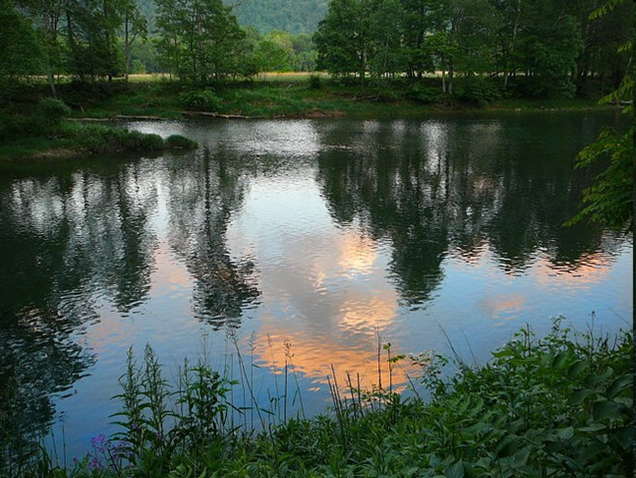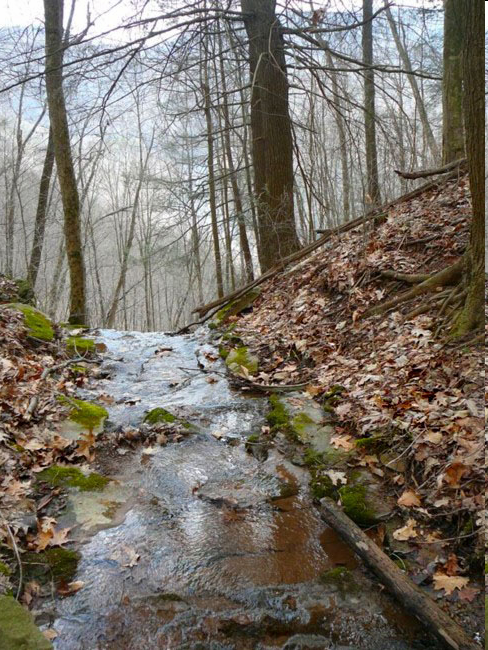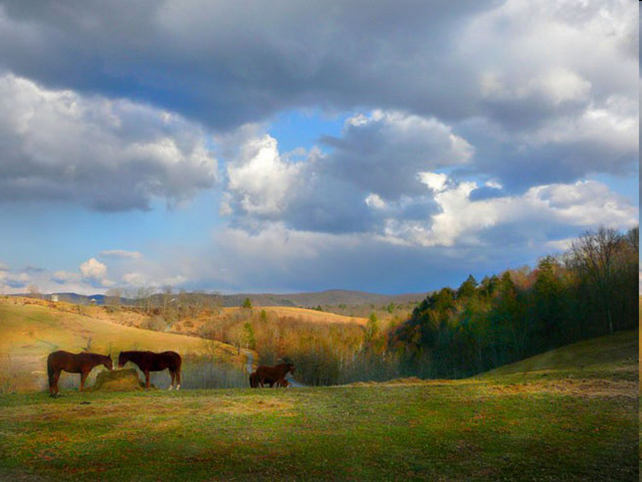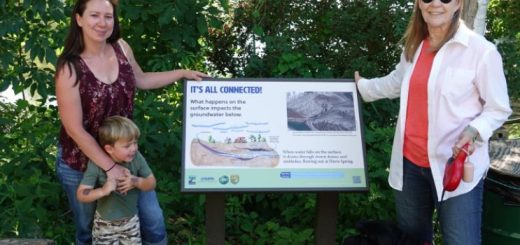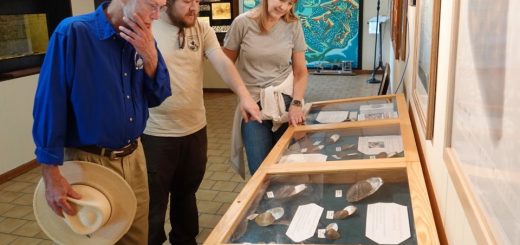New stream-crossing permits sought in an attempt to finish Mountain Valley Pipeline
Laurence Hammack Jan 26, 2021
Seeking to ease a two-year logjam, Mountain Valley Pipeline will restart a permitting process to cross nearly 500 streams and wetlands that remain as barriers to the completion of its natural gas pipeline.
The company said Tuesday that it will abandon its plan to use a blanket permit from the U.S. Army Corps of Engineers, which allowed the pipe to be buried in trenches dug along the bottoms of water bodies before it was challenged in court.
Instead, it will apply for individual approvals for each open-cut crossing — a more costly and time-consuming process that will require new state and federal reviews of a project already swamped by legal and regulatory delays.
The 4th U.S. Circuit Court of Appeals has twice set aside a so-called Nationwide Permit 12, which critics say fails to adequately assess the environmental impacts of a massive pipeline fording pristine mountain streams.
Rather than continue the legal battle, Mountain Valley attorney Todd Normane said in a letter Tuesday to the Federal Energy Regulatory Commission that the company has decided that switching to individual permits is “the most efficient and effective path to project completion.
Individual permits will entail a more detailed, stream-by-stream analysis that the Sierra Club and other environmental groups say has long been lacking for the largest natural gas pipeline ever built in Virginia.
“Another day, another delay,” Joan Walker, of the club’s Beyond Dirty Fuels Campaign, said in a written statement about Mountain Valley’s latest plan.
With the project already more than two years behind schedule, Walker said, “I can’t help but wonder when MVP’s backers will quit throwing good money after bad and walk away from this risky bet once and for all.”
Despite its latest change in plans, Mountain Valley said it still expects to have the pipeline completed by the end of this year at a projected cost of about $6 billion, nearly twice the original estimate.
“We believe that an efficient permitting process, including all required public participation, can be completed in a timely manner,” spokeswoman Natalie Cox wrote in an email Tuesday.
Part of that process will be to ask for a new water quality certification from Virginia’s State Water Control Board, which issued such an approval in 2017 amid fierce opposition that continues today.
After granting the certificate — which was needed before the Army Corps could issue its Nationwide Permit 12 — the water board considered revoking it in 2019 but eventually reversed course.
In his letter to FERC, Normane wrote that involvement by the water board and the Virginia Department of Environmental Quality “should be minimized” by the work already done on Mountain Valley’s first application.
He also wrote that when Mountain Valley makes an application for individual permits to the Army Corps, the process should involve only minor changes to construction plans that were part of the Nationwide Permit.
So why didn’t the joint venture of five energy companies building the pipeline apply for individual permits from the start?
“They thought it was faster and cheaper at the time, and it appeared the State Water Control Board and DEQ were also favorable,” said Kirk Bowers, co-founder of Mountain Valley Watch, a citizens group that monitors pipeline construction.
Since then, an expedited movement to renewable energy, combined with the new climate agenda of President Joe Biden, has changed the formula, Bowers said.
Last week, Biden appointed FERC commissioner Richard Glick — who has opposed Mountain Valley’s request to resume construction without having all of its required permits in hand — as chair of the panel overseeing the pipeline. That did not bode well for Mountain Valley’s hope that FERC would reconsider a tie vote on its request to bore under the water bodies along the first 77 miles of the 303-mile pipeline, which would have allowed it to begin shipping natural gas
Mountain Valley now intends to withdraw that application, Normane wrote.
In new applications to the Army Corps and FERC, the company will likely request a combination of individual permits and new approvals for boring, which does not require an individual or national permit.
When construction began in 2018, three of the national permits — one for each Army Corps district that the pipeline will cross in West Virginia and Virginia — allowed Mountain Valley to conduct open-cut crossings of nearly 1,000 streams and wetlands.
That method entails temporarily damming streams and rivers, digging a trench along the exposed bottom, burying the 42-inch diameter steel pipe about 6 feet deep and then restoring the water flow.
Mountain Valley completed about half of the crossings before its permits were thrown out in 2018 by the 4th Circuit. The Army Corps reissued its approval in September, only to be sued a second time by environmental groups. In a signal that the permits would likely be reversed a second time, the 4th Circuit issued stays in November.
Normane wrote in his letter to FERC that the lawsuits involving the Nationwide Permit will likely be dismissed as moot.
Although currently in a winter slowdown, Mountain Valley continues stabilization work on a buried pipeline that will pass through the Virginia counties of Giles, Craig, Montgomery, Roanoke, Franklin and Pittsylvania.
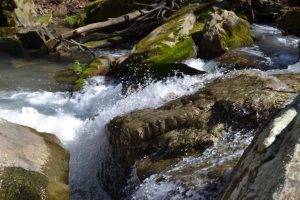
Construction on steep mountainsides has led to muddy runoff, and to hundreds of violations of environmental regulations meant to control erosion and sedimentation.
Although the only key permit Mountain Valley currently lacks is for stream crossings, legal challenges of several others are pending. The seventh such lawsuit was filed Monday, when the Sierra Club and five other environmental groups contested a December decision by FERC to allow work to resume on a 17-mile section that was created as a buffer zone to the Jefferson National Forest.
“Mountain Valley acknowledges that project opponents will likely challenge any regulatory action that achieves project completion,” Normane’s letter stated.
“While we may differ on certain issues, we believe that there is common ground for all stakeholders to agree that at this juncture, the best path forward for environmental protection and affected landowners is for the project to be completed.”
In a statement issued the same day, opponent David Sligh of Wild Virginia said that Mountain Valley “continues to desperately search for a way to push this dangerous and ill-conceived project forward.”
“This latest attempt must fail, because MVP cannot meet the requirements of the Clean Water Act,” he said, “and a more thorough analysis by the Corps and states will prove as much.”
For original article, click HERE


